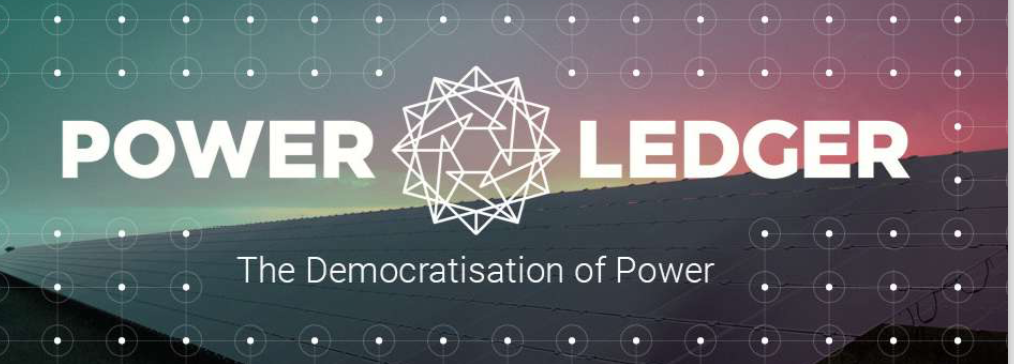While some of the shine may have certain cryptocurrencies and blockchain applications, P2P energy trading facilitated by the technology continues to build momentum. In its latest deal, Power Ledger will enter the Japanese market, in partnership with KEPCO.
10 homes served by KEPCO, and equipped with smart meters and distributed generation technology, presumably solar PV but potentially fuel cells, will utilize the Power Ledger platform to trade excess energy generated onsite on a P2P basis.
The trial will provide a proof-of-concept for KEPCO, which intends to establish Virtual Power Plants (VPPs) among some of its customers.
“The energy industry is traditionally conservative, and rightly so. When they implement changes consumers are relying on them to be certain it’s the right decision,” said Power Ledger MD and co-founder David Martin in a statement.
Power Ledger deploys Blockchain technology to authenticate and document P2P energy trading between households. The company’s technology is being used in a number of trial programs in New Zealand Southeast Asia and India. It is well suited to microgrid or behind-the-meter communities, where prohibitive regulatory frameworks do not apply.
Popular content
In Australia it is involved in a number of projects including with the City of Fremantle, in partnership with Greenwood solutions for strata applications in Melbourne, and with AGL in a program that is expected to report its findings later this year.
The KEPCO program is the first such trial in Japan. Power Ledger told pv magazine Australia that Japan is an ideal country for the deployment of blockchain-enabled P2P energy trading due to the willingness of many Japanese to adopt new technologies and the power challenges the country has faced in the wake of the Fukushima-Daiichi nuclear disaster.
KEPCO is one of Japan’s regional utilities supplying the Kansai region which includes the cities of Kobe, Osaka and Kyoto.
Power Ledger is self-funded through its Initial Coin Offering (ICO) in which it raised $34 million from 20,000 token holders, or investors.
This content is protected by copyright and may not be reused. If you want to cooperate with us and would like to reuse some of our content, please contact: editors@pv-magazine.com.



By submitting this form you agree to pv magazine using your data for the purposes of publishing your comment.
Your personal data will only be disclosed or otherwise transmitted to third parties for the purposes of spam filtering or if this is necessary for technical maintenance of the website. Any other transfer to third parties will not take place unless this is justified on the basis of applicable data protection regulations or if pv magazine is legally obliged to do so.
You may revoke this consent at any time with effect for the future, in which case your personal data will be deleted immediately. Otherwise, your data will be deleted if pv magazine has processed your request or the purpose of data storage is fulfilled.
Further information on data privacy can be found in our Data Protection Policy.